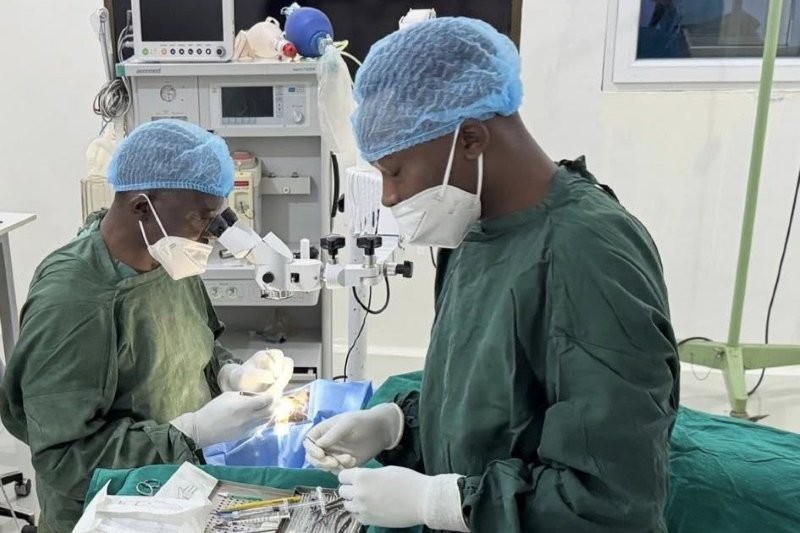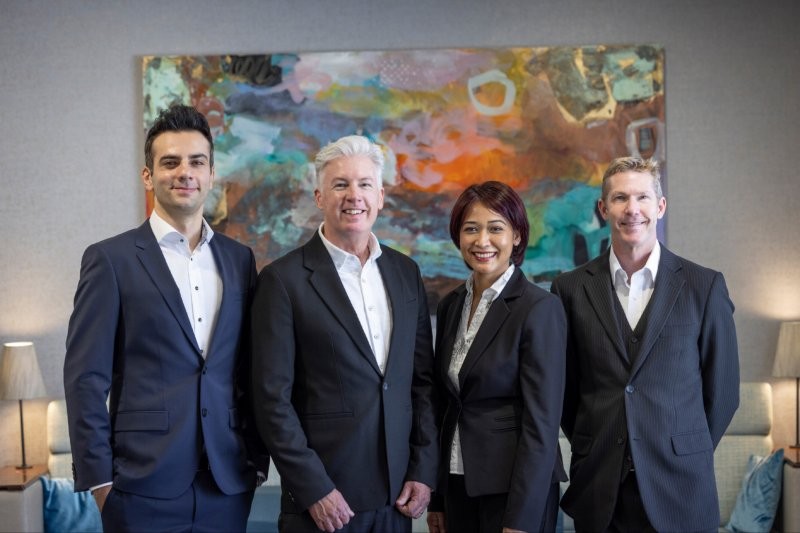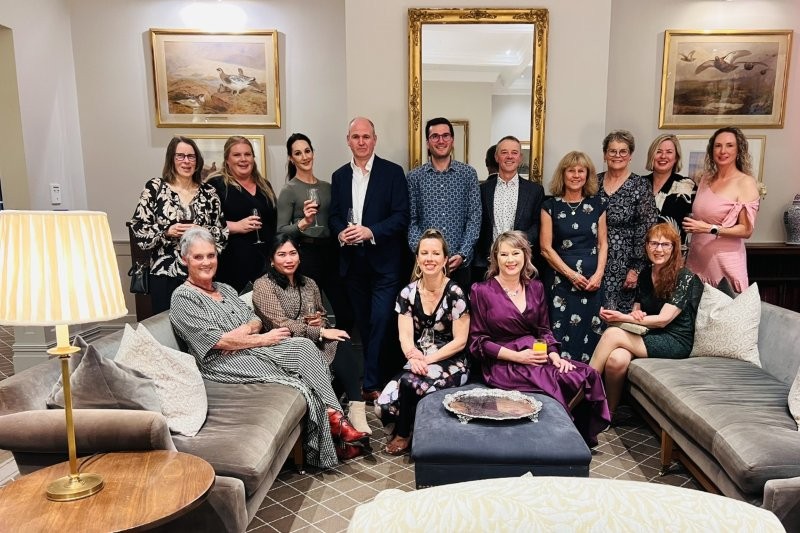Prestigious dry eye fellowship awarded
Associate Professor Ilva Rupenthal, director of the Buchanan Ocular Therapeutics Unit at Auckland University, has been awarded the well-known international Humboldt Fellowship for Experienced Researchers, to help her tackle dry eye disease (DED).
A/Prof Rupenthal was in a 6am Zoom meeting when she received the news. “I was so excited, jumping around my home office and messaging my parents in Germany straight away. Obviously, I was over the moon being awarded such a prestigious and highly competitive fellowship, which will allow me to work with one of the most respected groups in preclinical and clinical DED research and advance my skills.”
The purpose of the fellowship is to investigate a preservative-free eye drop containing an inflammasome blocker in a non-aqueous vehicle tackling both tear film instability and inflammation without the need for further additives to break the DED cycle, said A/Prof Rupenthal. “Specifically, in collaboration with my host, Professor Philipp Steven from the University of Cologne, I will evaluate the preclinical efficacy of the eye drop in a well-established mouse model of DED, measuring clinical signs as well as tissue inflammasome and inflammation markers. We will also perform a clinical exploration study, evaluating inflammasome and inflammation markers in tears and conjunctival cells of DED patients and age-matched controls recruited through the institution’s dry-eye clinic. This may highlight specific patient subgroups displaying high levels of inflammasome markers, which will ultimately aid clinical trial design and translation. Overall, I will spend nine months at the University of Cologne over the next three years.”
The research forms part of a Health Research Council of New Zealand Project Grant*, in which A/Prof Rupenthal is subcontracted to Cologne University to perform parts of the preclinical studies, she explained. “The fellowship will allow me to take part in these studies, which is a fantastic opportunity for me to learn new skills that I can bring back to the University of Auckland.
“I am hoping that one day in the near future the eye drop we are currently investigating will be available on the market to tackle both inflammation and lipid layer instability in the vicious DED circle to not only increase treatment efficacy but to ultimately improve the quality of life of those affected,” said A/Prof Rupenthal, adding that being a Humboldt fellow also opens opportunities for other fellowships and awards administered by the Humboldt Foundation, which is based in Bonn, Germany.
*https://eyeonoptics.co.nz/articles/archive/tackling-the-ded-vicious-circle/
























